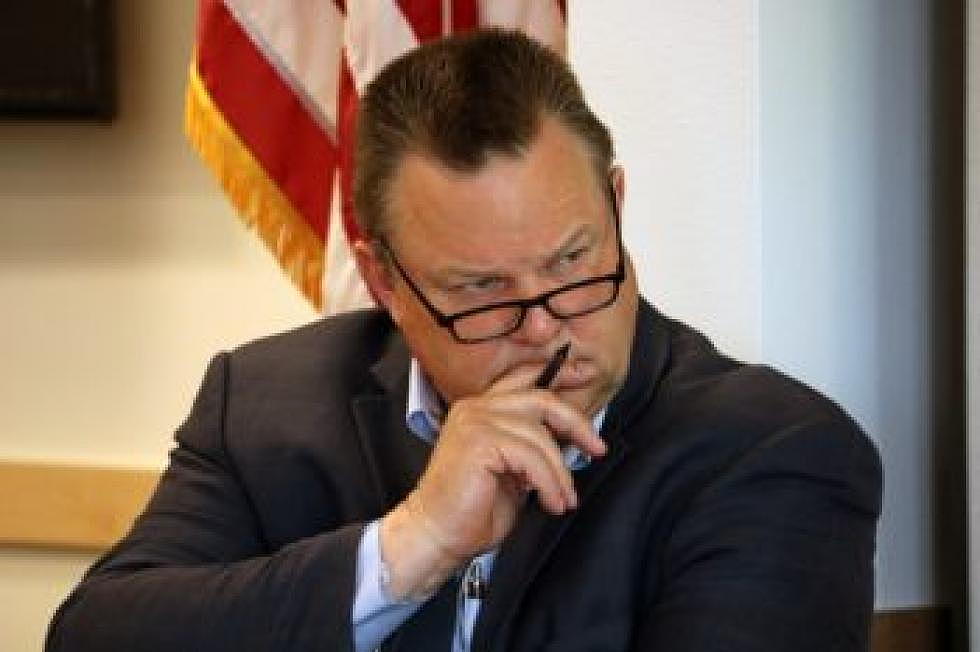
Tester’s Blackfoot bill sold in committee as “made-in-Montana” solution
In testimony to the Senate Energy and Natural Resources Committee on Wednesday, U.S. Sen. Jon Tester billed his Blackfoot Clearwater Stewardship Act as a "made-in-Montana" solution to the use and management of public lands.
Tester, who began working on the measure more than a decade ago, said his bill represented a collaboration between a diverse group of stakeholders, including ranchers, loggers and recreationists.
“This bill wasn’t drafted in a back room in D.C. influenced by D.C. lobbyists,” said Tester. “This bill was started over 10 years ago by folks … that worked with their neighbors – that worked with folks from the logging industry, from environmentalists, from conservation, from recreation – and came to agreement on a bill.”
Tester said the Blackfoot Clearwater Stewardship Act protects some of the last untouched landscapes in the lower 48 states. If passed, the bill would designate 79,000 acres of land as wilderness and fast-track future trail proposals, including those deemed necessary by the Forest Service.
It also opens 2,000 acres of currently closed land to snowmobiling and permanently protects access to 3,800 acres of mountain biking and trail recreation.
“(This bill) increases trail use and recreational opportunities for those who love our outdoors,” Tester said. “It strengthens the local timber industry in western Montana. And maybe most importantly, it provides a blueprint for breaking the gridlock that is plaguing our forests.”
Mark and Connie Long, who run an outfitting business from Seeley Lake, both attended Tester's hearing and spoke in favor of the legislation.
“Public lands are a resource that is so limited,” Mack Long said prior to the hearing. “We have one opportunity and we have a very narrow window of time to step in and take actions that will protect these valuable landscapes. It’s our obligation to make sure my grandsons and their grandchildren have the same opportunity to experience wilderness.”
Tester described his bill as a win-win, saying it represented people working together to find solutions to the use and management of public lands.
“It's an honor and a privilege to advocate for a made-in-Montana solution on our federal lands,” added Tester. “It preserves one of the most unique landscapes in the country for future generations – for our kids and grand kids.”
Dave Kuntz, Tester's press secretary, said the committee will vote on whether to send the bill to the Senate floor.
“We’re optimistic because it received a hearing in committee, which is a big step forward,” Kuntz said.
